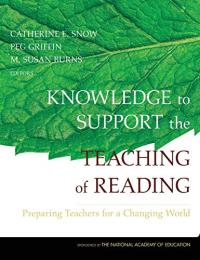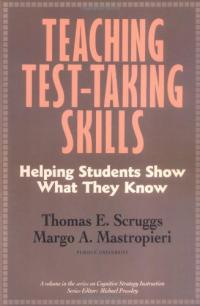
Succeeding Against the Odds: How the Learning-Disabled Can Realize Their Promise
Until the 1960s a learning disability was a hidden handicap wearing many guises and treated ineffectively. Today, shows the author, founder of the unique Lab School in Washington, D.C., and herself the parent of a learning-disabled child, there is growing evidence that such difficulties can be either overcome or modified by teaching strategies that address the student’s specific strengths. The stories of adults—some of them celebrities like Cher, who suffered from undiagnosed dyslexia—who coped with learning problems throughout their school days illustrate the depths of the disability said to afflict more than 25 million Americans. Distilling her experiences with learning-disabled students, their parents and teachers, Smith demonstrates that a variety of approaches to learning can yield later career success, thus offering hope to children and adults so burdened.
Find This Book
ISBN 0874777313
Purchase on Amazon






